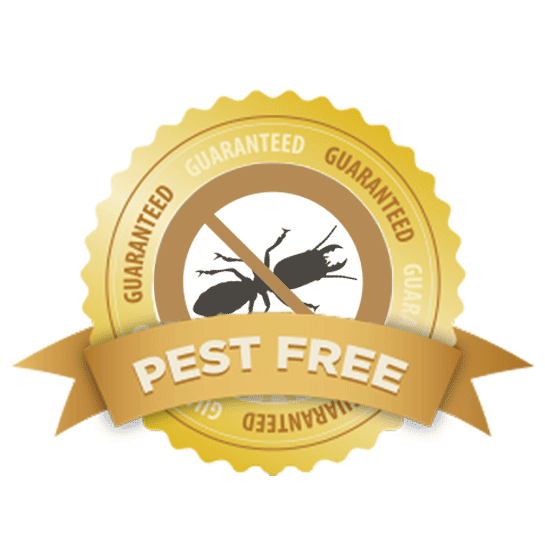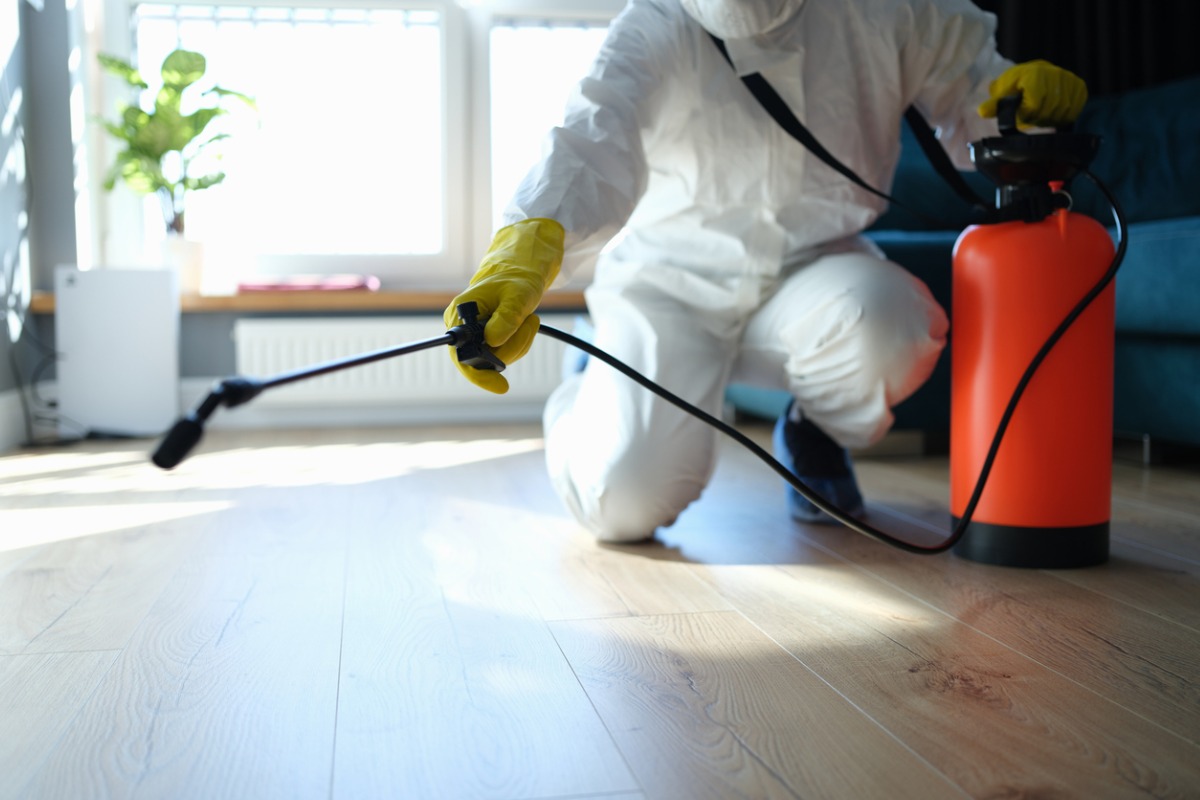Safe and Reliable Parasite Control for Lasting Defense
The significance of secure and trusted parasite control can not be overstated, specifically in an age where environmental worries are vital. Efficient insect monitoring calls for a multifaceted method that stabilizes environmental stability with the need for efficient parasite reductions. By exploring green remedies and incorporated pest management techniques, house owners can achieve enduring defense against intrusive types while safeguarding useful communities. Nevertheless, the nuances of these approaches might not be promptly clear, triggering a better exam of the techniques that can cause sustainable parasite control outcomes. What actions can be required to make sure both safety and efficacy in pest administration?
Understanding Insect Control Methods
Parasite control incorporates a variety of methods focused on managing and eradicating undesirable pests and rats that can threaten both health and residential property. Comprehending these techniques is essential for efficient parasite management.
The primary categories of insect control methods consist of mechanical, organic, and chemical techniques. Mechanical techniques entail physical barriers and catches to stop parasite entry and capture unwanted types. Utilizing displays on windows or employing sticky catches can substantially minimize bug populations without introducing dangerous substances - exterminator coquitlam.

Chemical insect control is usually the most identified approach, making use of pesticides to get rid of bugs. These chemicals can be efficient yet must be used with care to avoid damaging results on non-target types and the environment.
Benefits of Eco-Friendly Solutions
Exactly how can environmentally friendly services transform insect control methods? The adoption of green parasite control methods uses many advantages, significantly improving the effectiveness and safety of pest administration.

One more benefit is the positive effect on regional biodiversity. Environmentally friendly options are designed to target specific bugs while preserving advantageous pests and wild animals, advertising a well balanced community. This approach straightens with the growing customer demand for lasting techniques, enhancing the credibility of insect control suppliers.
Integrated Pest Administration Methods
The execution of eco-friendly options normally leads to the fostering of Integrated Insect Administration (IPM) strategies, which additionally enhance bug control efficiency. IPM is a holistic technique that incorporates several strategies to manage bug populations while reducing environmental effect. This approach emphasizes using organic, social, mechanical, and chemical controls, making certain a lasting and well balanced technique of pest monitoring.
One essential element of IPM is the thorough assessment of pest activity and ecological problems. By keeping track of parasite populations and recognizing their life cycles, professionals can apply targeted interventions that interfere with the insect's environment or lifecycle, lowering reliance on chemical pesticides. Additionally, cultural techniques such as plant rotation and environment manipulation can substantially lessen pest facility and reproduction.
An additional vital component is using biological control representatives, such as beneficial pests or microorganisms, which can normally reduce bug populaces. When chemical applications are needed, IPM prioritizes the use of low-risk pesticides and uses them precisely, decreasing exposure to non-target microorganisms and people.
Incorporating IPM strategies not only boosts pest control performance but additionally promotes a much safer ecological community, aligning with the expanding demand for lasting practices in pest administration.
Safe Practices for Home Owners
Recognizing the importance of secure practices in parasite control can encourage house owners to effectively manage parasite issues while securing their health and the atmosphere. Applying preventative actions and non-toxic methods is vital in minimizing exposure to unsafe chemicals.
House owners must initially evaluate their atmosphere for conditions that attract insects, such as standing mess, water, and food waste. Regularly cleansing exterminator and sealing access factors can hinder pests from attacking the home. Utilizing all-natural deterrents, such as essential oils or diatomaceous planet, can supply efficient options to chemical pesticides.
When chemical therapies are required, home owners should choose items that are specifically labeled as secure for property usage. It is necessary to follow application standards diligently to prevent overexposure. In addition, making use of targeted treatments in locations where insects are recognized, rather than covering splashing, can considerably minimize Going Here chemical use.
Last but not least, preserving open communication with pest control experts is essential. Homeowners ought to inquire regarding the safety and security of items utilized and request environmentally friendly choices whenever possible. By taking on these safe techniques, property owners can create a much healthier living setting while effectively handling insect problems.

Tips for Long-Term Protection
Developing a pest management approach that highlights long-term security can substantially enhance the effectiveness of the secure practices previously talked about. To accomplish this, homeowners must apply routine evaluations of their property, concentrating on concealed areas such as attics, cellars, and crawl rooms. Early discovery of bug activity is vital in preventing invasions from holding.
These methods lower attractants that draw bugs into the home. Securing entry factors, such as cracks around doors and windows, can efficiently block potential bug access.
Landscape design ought to likewise be taken into consideration; maintaining plants trimmed and maintaining a distance between vegetation and the home lessens concealing spots for parasites. Making use of natural deterrents, such as important oils or diatomaceous earth, can additionally prevent invasions without resorting to severe chemicals.
Lastly, collaborating with an expert parasite control solution for regular examinations can supply an added layer of safety. These specialists can provide tailored referrals and advanced therapies, making sure that your home stays safeguarded versus bugs in the long term.
Final Thought
To conclude, safe and reputable insect control needs a multifaceted technique that emphasizes eco-friendly approaches and integrated parasite monitoring. By applying all-natural deterrents, carrying out routine examinations, and preserving proper sanitation, homeowner can dramatically lower bug populaces while safeguarding advantageous bugs and the atmosphere. Partnership with professional insect control services boosts the performance of mouse trap these techniques, making sure tailored options that offer long-term defense and satisfaction versus future infestations.
Reliable parasite management requires a diverse approach that balances eco-friendly integrity with the need for efficient bug reductions. The adoption of environment-friendly insect control techniques offers various benefits, substantially enhancing the efficiency and safety of pest management.The application of green services normally leads to the adoption of Integrated Pest Management (IPM) techniques, which better improve parasite control efficacy. exterminator coquitlam. By keeping track of parasite populations and identifying their life cycles, professionals can execute targeted interventions that interfere with the bug's habitat or lifecycle, decreasing reliance on chemical pesticides.In verdict, trustworthy and safe pest control calls for a diverse technique that stresses environment-friendly approaches and integrated pest monitoring